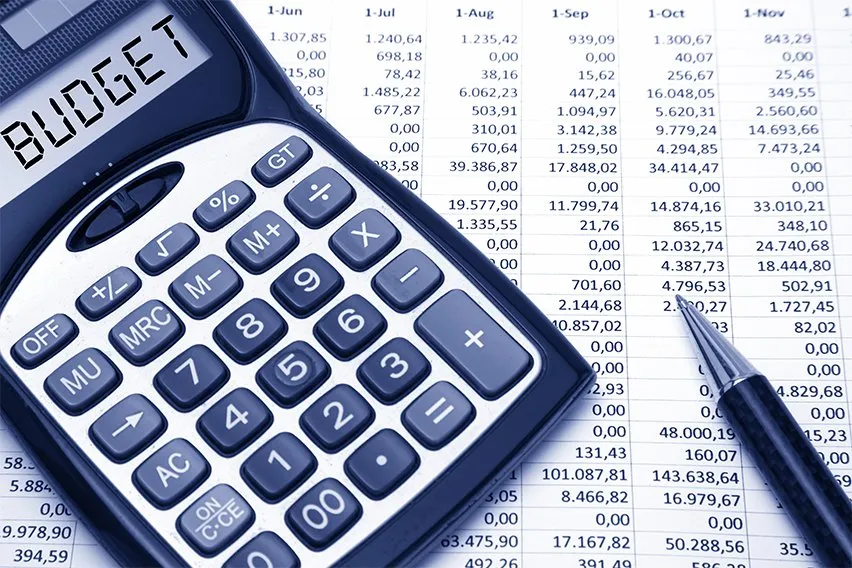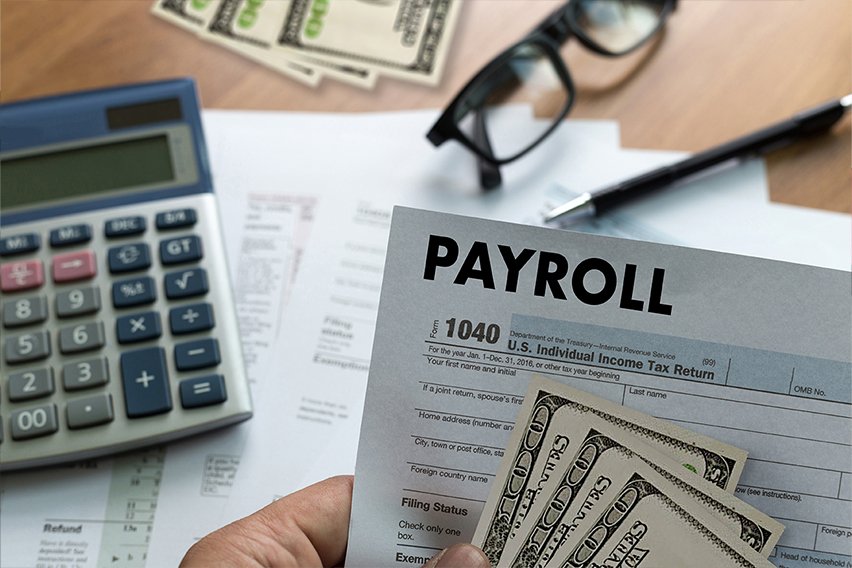Human Resource Budgeting (HR) Planning: Key Components

Let’s take a look at how you can manage your Human Resource budgeting planning.
A human resources department is a critical function in any growing business. Handling recruitment, payroll, and employee relations are a few of the key roles an HR team plays.
It will come as no surprise, then, that the ongoing management of the above all costs money.
As a small business, it can be difficult to know how much time and money you should be investing into HR. This often comes as a result of underestimating its value and the extent of the work it does.
This is why strategic planning of an HR budget for the year ahead is essential.
It helps you understand what HR costs you have. You can then know how much money you both need, and can afford, to spend, and how to apportion it.
This article will help you to understand the HR budgeting process better.
Here’s What We’ll Cover:
What Is a Human Resources (HR) Budget?
How Do You Prepare an HR Budget?
What Should Be in Your HR Budget?
What Is a Human Resources (HR) Budget?
A human resources budget is a pot of money a business allocates to handle its HR processes for a financial year.
This includes tasks such as hiring, paying employee salaries, benefits, and training.
To plan a budget, businesses will look retrospectively at last year’s spending. This helps to put together a projection of what it should expect to spend going forward.

Why Do You Need an HR Budget?
Putting together a budget is not an easy task as there are so many variables that come with it.
It is a valuable exercise to undertake when planning your HR activities.
Having an HR budget is beneficial to your company for many reasons, including:
- Preventing over-hiring and under-staffing. Organizations must understand how many staff it needs to do a particular job. This helps to reduce unnecessary hiring costs and make sure there are enough people to do the job. This helps to keep staff morale from dipping as a result of feeling overworked.
- Attracting the right staff & lowering the turnover rate. You need to offer competitive salaries to keep the best staff to both hire and keep them. This also means investing in employees through employee programs and in training them. A skilled workforce will help the business’s efficiency.
- Helps HR to receive the necessary funding. How can you know how much money the HR department will need if you don’t analyze what they are spending? Planning a budget makes sure that HR has the right money it needs to be effective.
How Do You Prepare an HR Budget?
As with any type of budget, you need to know what your expenditure is to be able to account for it.
To do this you first need to collect data that will help guide you in preparing your HR budget.
This means reviewing past budgets and your plan for the year ahead. You will be able to identify the amount you should expect to spend.
Following on from this, there are some other steps to take in putting together the budget.
- An incremental budget vs a zero-based budgeting
Incremental budgets use previous years’ or last year’s accounts. You can use past budgets and adjust based on upcoming changes projected for the new year. For example, take the current HR budget, factor in any cost increases, and now you have your new HR budget. Zero-based budgeting is very comprehensive. Think of it as a clean slate. All items included are accounted for and justified. This method works well for newer or smaller businesses.
- Analyzing HR performance. This involves looking at how things are working now. How much are you currently spending on expenses? What is the revenue you are making? How much is employee compensation? What’s projected for benefit-cost increases, salary-cost increases, and employee hiring next year?
- Understand how spending affects operations. Once you have carried out an analysis as above, this helps you to set a realistic budget.

What Should Be in Your HR Budget?
What do you need to make sure to include within your HR budget?
Your budgeting strategy will depend on both your organizational goals and necessary spending.
You should expect to include money in your budget for some key components, such as:
Compensation & Benefits
This will usually be your largest HR expenditure. As such, you need to plan for it in your HR budget.
Compensation doesn’t only cover payroll costs.
It covers other costs, such as payment of benefits. This might include health insurance, 401(k) contributions, overtime, etc.
Health insurance alone can take up a large amount of the budget and as such needs to be accounted for.
Getting this part of your organization right is so important. This is why we recommend using dedicated payroll services. Here are the top 5 to choose between.
You also need to account for the cost of payroll management itself. This will mean adding up the salary of the staff in that team, annual pay raises, and incentive programs.
- Recruitment
In any business, recruitment is always an ongoing task.
Employees leave and need replacing. Departments grow and so does the demand for extra staff. It’s a constant consideration and is essential to business success and longevity.
The Society for Human Resource Management estimates it costs an average of $4129 to hire someone.
This accounts for advertising, background checks, and HR time spent interviewing candidates.
What will your recruitment needs and costs look like over the next year?
A helpful budget calculation trick is to use past years’ recruitment budget. You can look at the number of staff recruited during that period and compare it against this year’s plans.
From here, you can work out the average cost of new hires. You can also try and plan for how many new employees you should be expecting to take on.
This will help ensure you have the funds available in the budget to take on the right number of new staff.
- Training and Development
It goes without saying that if you want your employees to succeed in their roles, you need to train them!
This training should be more than onboarding.
Continuous ongoing training helps to develop an employee’s knowledge and skillset.
Investing in the training and development of your staff also helps to keep them as they feel more valued.
As a result, any good HR budget needs to take into account training plans for the next year. This includes both essential training and also extra skills training requested by staff.
- Employee Relations
Another cost that depends on your business strategy is employee engagement.
Your HR department can measure this yearly through surveys.
We recommend taking a proactive approach so that you can make staff feel valued.
A big part of human resource management is performance evaluations and attendance incentives. One of HR’s most important functions is giving service awards and talent management.
Perks that recognize staff effort go a long way.
- Security & Health and Safety
Another significant component of HR budget planning is the safety of employees.
You can also use HR budgeting to:
- review safety policies and checks
- recommend improvement and training
- establish goals that lead to a better environment
Key Takeaway
Human resource budgeting planning is essential for planning. In business, no budget can result in money running out much faster than anticipated. It can also mean money spent on the wrong things.
HR is central to your business but is often overlooked in importance.
The truth is that it’s essential to your people.
It makes sure you are correctly staffed, with the top talent of people.
Employees should feel invested in and skilled in their jobs for you to have a lower turnover rate.
Strategically planning your HR budget will make for a happier workforce for everyone!
RELATED ARTICLES

 What is a Virtual CFO & How to Become One?
What is a Virtual CFO & How to Become One? What Is an Employer Account Number or EIN
What Is an Employer Account Number or EIN What is a Cost Sheet? Definition, Components & Examples
What is a Cost Sheet? Definition, Components & Examples 7 Best Online Bookkeeping Services for Small Businesses in 2025
7 Best Online Bookkeeping Services for Small Businesses in 2025 How to Set Up Direct Deposit for Employees
How to Set Up Direct Deposit for Employees 7 Best Purchase Order Software – Reviews & Pricing
7 Best Purchase Order Software – Reviews & Pricing